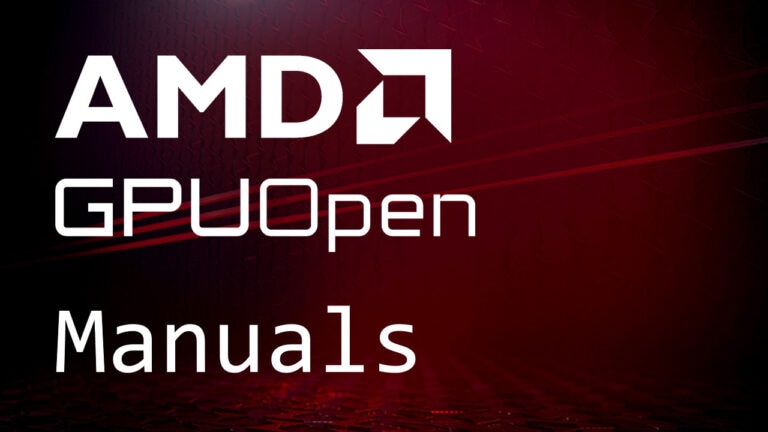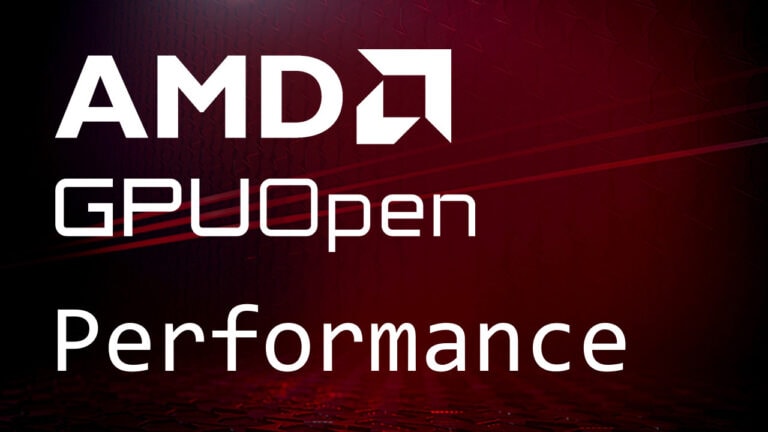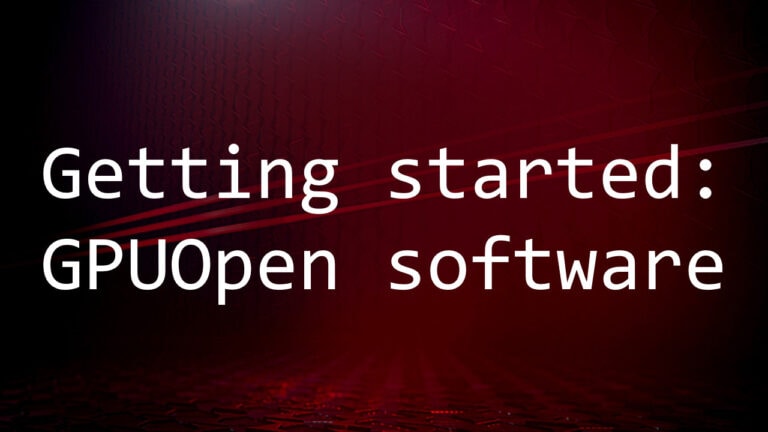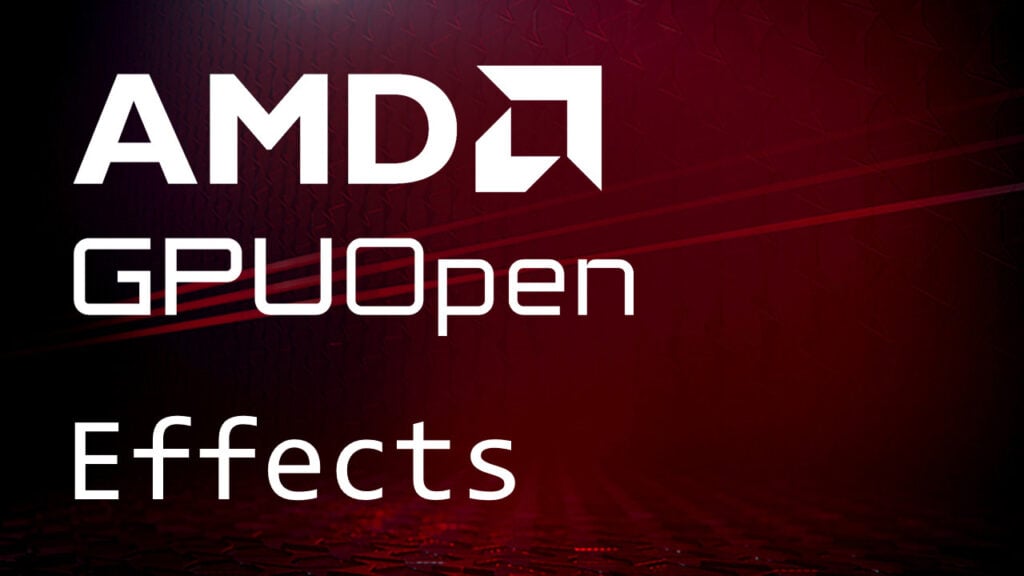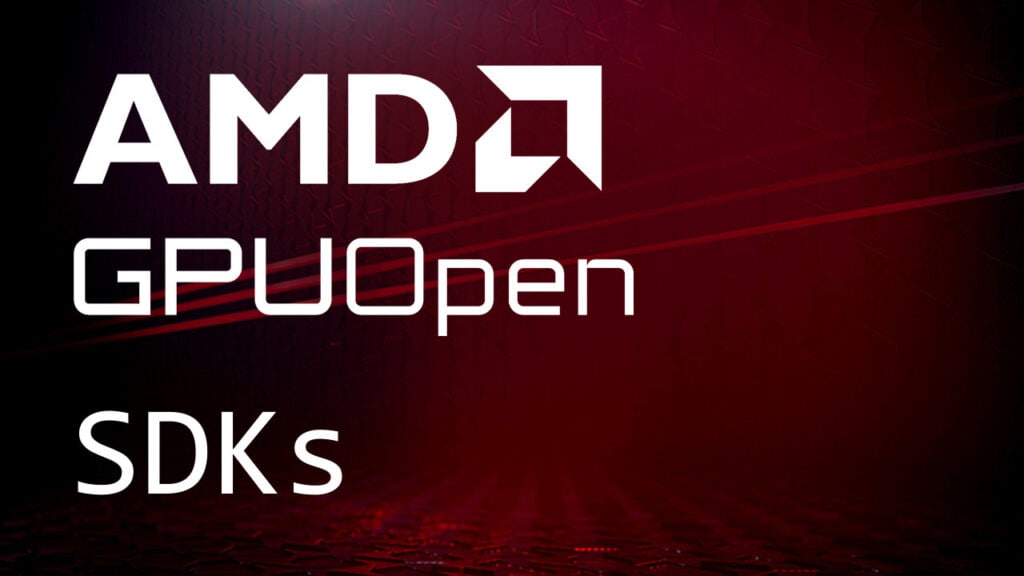schola.scripts.sb3.launch.SB3ScriptArgs
- class schola.scripts.sb3.launch.SB3ScriptArgs(enable_checkpoints: bool = False, checkpoint_dir: str = ‘./ckpt’, save_freq: int = 100000, name_prefix_override: str = None, export_onnx: bool = False, save_final_policy: bool = False, launch_unreal: bool = False, port: Optional[int] = None, unreal_path: Optional[str] = None, headless: bool = False, map: Optional[str] = None, fps: Optional[int] = None, disable_script: bool = False, timesteps: int = 3000, pbar: bool = False, disable_eval: bool = False, enable_tensorboard: bool = False, log_dir: str = ‘./logs’, log_freq: int = 10, callback_verbosity: int = 0, schola_verbosity: int = 0, sb3_verbosity: int = 1, save_replay_buffer: bool = False, save_vecnormalize: bool = False, resume_from: str = None, load_vecnormalize: str = None, load_replay_buffer: str = None, reset_timestep: bool = False, policy_parameters: List[int] = None, critic_parameters: List[int] = None, activation: schola.scripts.common.ActivationFunctionEnum = <ActivationFunctionEnum.ReLU: ‘relu’>, algorithm_settings: Union[schola.scripts.sb3.launch.PPOSettings, schola.scripts.sb3.launch.SACSettings] = <factory>)[source]
-
Bases:
ScriptArgsMethods
__init__([enable_checkpoints, …])make_unreal_connection()Create an Unreal Engine connection based on the script arguments.
Attributes
checkpoint_dirEnable saving checkpoints.
disable_scriptFlag indicating if the autolaunch script setting in the Unreal Engine Schola Plugin should be disabled.
enable_checkpointsEnable saving checkpoints
export_onnxWhether to export the model to ONNX format instead of just saving a checkpoint.
fpsFixed FPS to use when running standalone, if None no fixed timestep is used
headlessFlag indicating if the standalone Unreal Engine process should run in headless mode
launch_unrealFlag indicating if the script should launch a standalone Unreal Engine process
mapMap to load when launching a standalone Unreal Engine process
name_prefix_overrideOverride the name prefix for the checkpoint files (e.g. SAC, PPO, etc.).
portPort to connect to the Unreal Engine process, if None an open port will be automatically selected when running standalone.
save_final_policyWhether to save the final policy after training is complete.
save_freqFrequency with which to save checkpoints.
unreal_pathPath to the Unreal Engine executable, when launching a standalone Unreal Engine process
- Parameters:
-
-
enable_checkpoints (bool)
-
checkpoint_dir (str)
-
save_freq (int)
-
name_prefix_override (str)
-
export_onnx (bool)
-
save_final_policy (bool)
-
launch_unreal (bool)
-
port (int | None)
-
unreal_path (str | None)
-
headless (bool)
-
map (str | None)
-
fps (int | None)
-
disable_script (bool)
-
timesteps (int)
-
pbar (bool)
-
disable_eval (bool)
-
enable_tensorboard (bool)
-
log_dir (str)
-
log_freq (int)
-
callback_verbosity (int)
-
schola_verbosity (int)
-
sb3_verbosity (int)
-
save_replay_buffer (bool)
-
save_vecnormalize (bool)
-
resume_from (str)
-
load_vecnormalize (str)
-
load_replay_buffer (str)
-
reset_timestep (bool)
-
activation (ActivationFunctionEnum)
-
algorithm_settings (PPOSettings | SACSettings)
-
- __init__(enable_checkpoints=False, checkpoint_dir=’./ckpt’, save_freq=100000, name_prefix_override=None, export_onnx=False, save_final_policy=False, launch_unreal=False, port=None, unreal_path=None, headless=False, map=None, fps=None, disable_script=False, timesteps=3000, pbar=False, disable_eval=False, enable_tensorboard=False, log_dir=’./logs’, log_freq=10, callback_verbosity=0, schola_verbosity=0, sb3_verbosity=1, save_replay_buffer=False, save_vecnormalize=False, resume_from=None, load_vecnormalize=None, load_replay_buffer=None, reset_timestep=False, policy_parameters=None, critic_parameters=None, activation=ActivationFunctionEnum.ReLU, algorithm_settings=<factory>)
-
- Parameters:
-
-
enable_checkpoints (bool)
-
checkpoint_dir (str)
-
save_freq (int)
-
name_prefix_override (str | None)
-
export_onnx (bool)
-
save_final_policy (bool)
-
launch_unreal (bool)
-
port (int | None)
-
unreal_path (str | None)
-
headless (bool)
-
map (str | None)
-
fps (int | None)
-
disable_script (bool)
-
timesteps (int)
-
pbar (bool)
-
disable_eval (bool)
-
enable_tensorboard (bool)
-
log_dir (str)
-
log_freq (int)
-
callback_verbosity (int)
-
schola_verbosity (int)
-
sb3_verbosity (int)
-
save_replay_buffer (bool)
-
save_vecnormalize (bool)
-
resume_from (str | None)
-
load_vecnormalize (str | None)
-
load_replay_buffer (str | None)
-
reset_timestep (bool)
-
activation (ActivationFunctionEnum)
-
algorithm_settings (PPOSettings | SACSettings)
-
- Return type:
-
None
- activation: ActivationFunctionEnum = ‘relu’
- algorithm_settings: PPOSettings | SACSettings
- callback_verbosity: int = 0
- disable_eval: bool = False
- enable_tensorboard: bool = False
- load_replay_buffer: str = None
- load_vecnormalize: str = None
- log_dir: str = ‘./logs’
- log_freq: int = 10
- pbar: bool = False
- reset_timestep: bool = False
- resume_from: str = None
- save_replay_buffer: bool = False
- save_vecnormalize: bool = False
- sb3_verbosity: int = 1
- schola_verbosity: int = 0
- timesteps: int = 3000






